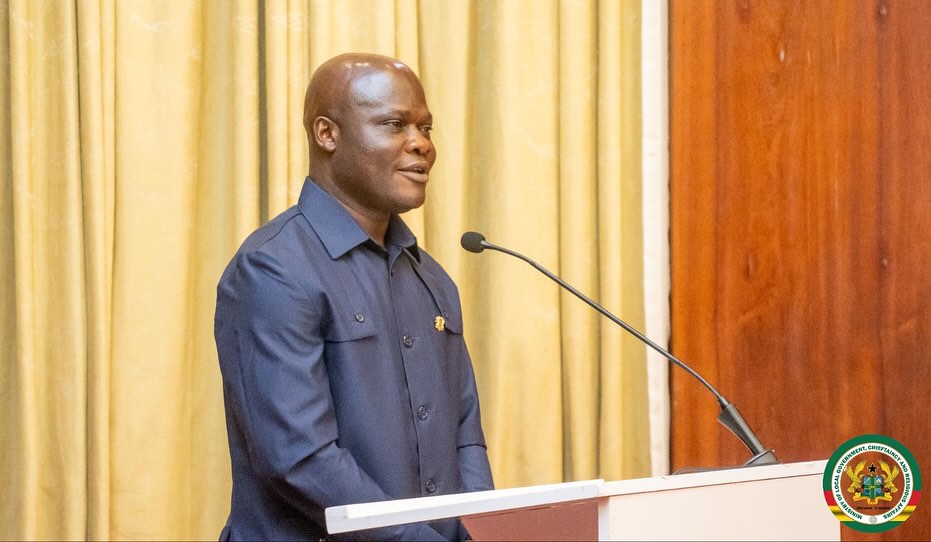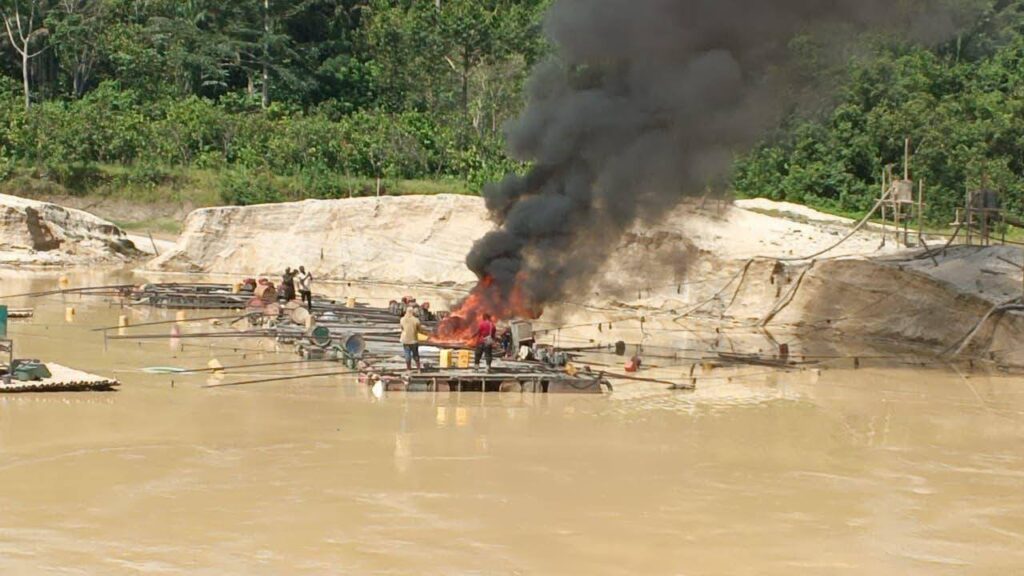The Ministry of Local Government, Chieftaincy and Religious Affairs has raised alarm over Ghana’s worsening sanitation crisis, revealing that the country loses more than $500 million every year due to poor sanitation management, while three out of every four households still lack access to basic private toilets.

According to the ministry, only 25% of Ghanaian households have access to improved, non-shared toilet facilities. Meanwhile, 18% of the national population continues to practise open defecation, with the Upper East Region recording rates as high as 49%.
Speaking in Accra during a stakeholder engagement to mark World Toilet Day, the Minister for Local Government, Chieftaincy and Religious Affairs, Ahmed Ibrahim, described the situation as unacceptable for a lower-middle-income country.
He attributed the slow progress to households treating toilet facilities as optional, chronic underfunding of sanitation systems, rapid urbanisation, and weak enforcement of sanitation bye-laws by local assemblies.
“Our urban population is rapidly growing at 3.3% annually, one of the highest in Africa, and has overtaken the pace of urban sanitation infrastructure development. In Accra alone, the population has grown by more than 60% in the last two decades, but the expansion of sewerage systems has been minimal,” he said.
Mr Ibrahim called for a complete overhaul in attitudes toward sanitation, stressing that a “Toilet for All” agenda can only be achieved through shared responsibility. He said households must invest in private toilets, traditional leaders must enforce community norms, and local assemblies must penalise non-compliance to drive behavioural change.






No comment yet, add your voice below!